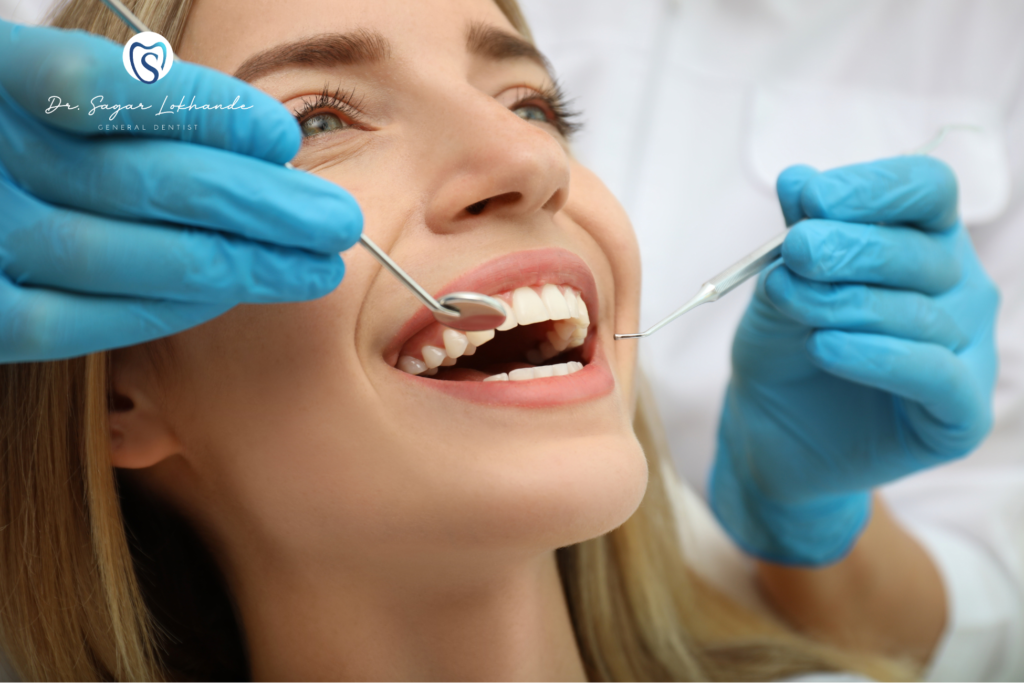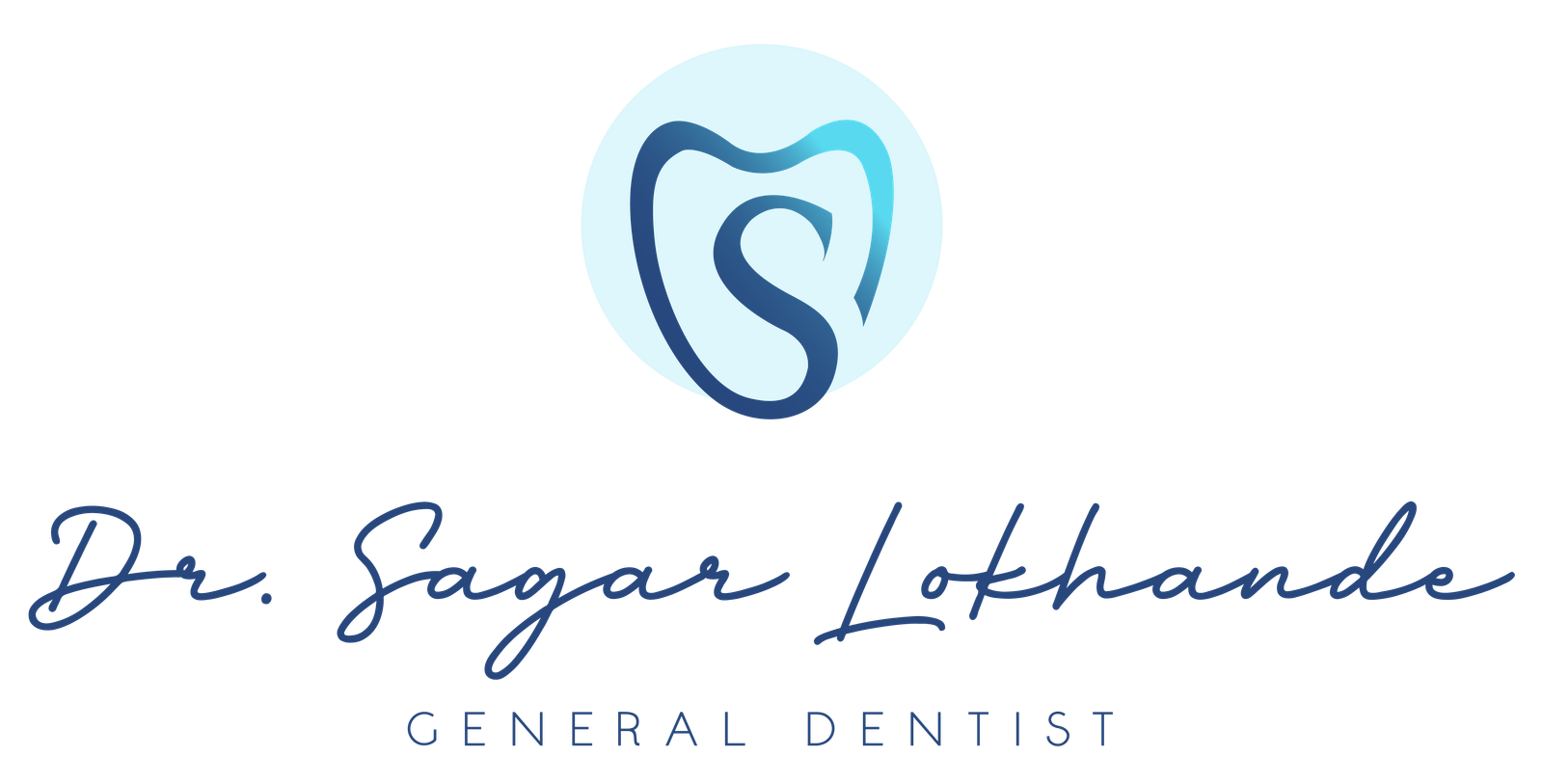Emergency Dental Care: Immediate Relief for Dental Pain and Injuries
- Expert Dental Care by Dr. Sagar Lokhande
- Service
- Emergency Dental Care
Emergency Dental Care
Dental emergencies can happen at any time—whether it’s a sudden toothache, a chipped tooth during a meal, or an injury during a game. Knowing where to turn for immediate, expert care can make all the difference. At Pristine Smiles Dental Care, we provide same-day emergency dental care to help you manage pain, prevent complications, and restore your oral health quickly and comfortably.
What Is Emergency Dental Care?
Emergency dental care involves immediate treatment for urgent oral health issues that cause pain, discomfort, or risk of infection. These situations often require prompt attention to save teeth, prevent infections from spreading, and alleviate pain.

Common Dental Emergencies We Treat
Severe Toothache or Dental Pain
What Do:
Knocked-Out Tooth (Avulsed Tooth)
What to Do:
Chipped, Cracked, or Broken Tooth
What to Do:
Our clinic offers bonding, crowns, or veneers to restore the shape and strength of your tooth.
Lost Filling or Crown
What to Do:
Bleeding Gums or Soft Tissue Injury
What to Do:


What to Expect During an Emergency Dental Appointment
At Pristine Smiles Dental Care, we ensure that your tooth extraction is performed with precision and care. Here’s a step-by-step overview of the procedure:
Diagnosis and Consultation
1Tooth Preparation
2Impressions and Customization
3Temporary Crown/Bridge
4Placement of Permanent Crown/Bridge
5When Should You Seek Emergency Dental Care?
It’s important to seek emergency dental care if you experience any of the following:
- Persistent or severe tooth pain.
- Swelling in your face or gums.
- A loose or knocked-out permanent tooth.
- Bleeding that doesn’t stop after applying pressure.
- A visible crack, chip, or broken tooth.
Ignoring these issues can lead to more serious complications, such as infections that spread to other parts of the body.
Control Bleeding
Avoid spitting or rinsing vigorously for the first 24 hours to prevent dislodging the clot.
Manage Swelling and Pain
Take prescribed pain medication or over-the-counter pain relievers as directed.
Eat Soft Foods
Avoid Straws and Smoking
Practice Gentle Oral Hygiene
Rinse your mouth with warm saltwater after 24 hours to keep the area clean.


Emergency Care vs. Non-Emergency Care
| Emergency Dental Issue | Non-Emergency Issue |
|---|---|
| Severe toothache or abscess | Minor tooth sensitivity |
| Knocked-out tooth | Small cavity or loose filling |
| Cracked tooth causing pain | Mild gum irritation |
| Facial swelling or bleeding | Cosmetic concerns (teeth whitening, tooth jewelry) |
If you’re unsure whether your issue is an emergency, it’s always better to contact the clinic and get professional advice.
How to Prevent Dental Emergencies
- Maintain Good Oral Hygiene: Brush and floss daily to prevent decay and infections.
- Wear a Mouthguard: Use a custom mouthguard during sports to protect against dental injuries.
- Avoid Hard Foods: Avoid chewing on hard candies, ice, or other hard objects that can chip or crack your teeth.
- Schedule Regular Check-Ups: Routine exams help detect and address potential issues before they become emergencies.
Why Choose Pristine Smiles Dental Care for Emergency Dental Care?
- Same-Day Appointments: We prioritize dental emergencies and offer prompt, same-day care.
- Compassionate Team: Our team provides gentle, pain-free treatment to help you feel calm and comfortable.
- Advanced Technology: We use digital X-rays and precision tools to diagnose and treat issues efficiently.
- Comprehensive Care: From infections to injuries, we offer a full range of emergency treatments under one roof.


